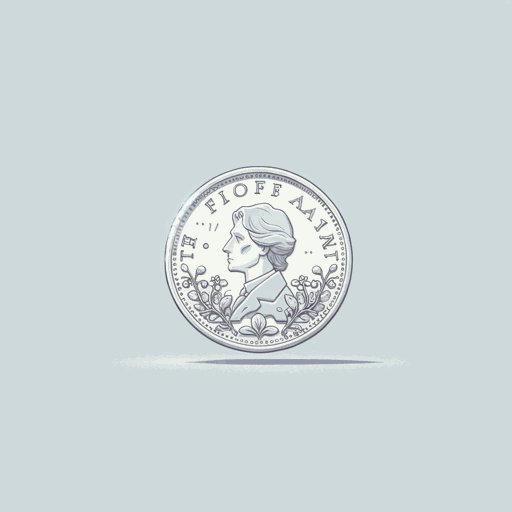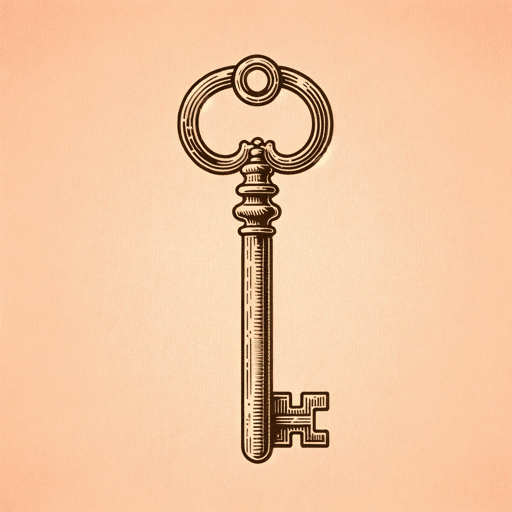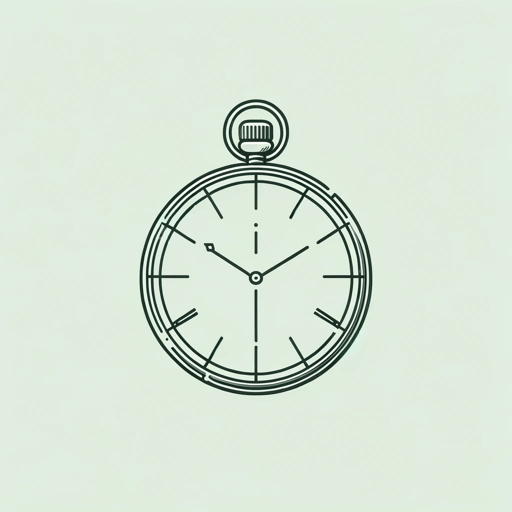30 pages • 1 hour read
James JoyceCounterparts
Fiction | Short Story | Adult | Published in 1914A modern alternative to SparkNotes and CliffsNotes, SuperSummary offers high-quality Study Guides with detailed chapter summaries and analysis of major themes, characters, and more.
Literary Devices
Repetition
James Joyce’s writing style incorporates repetition connected to Farrington’s consciousness. In a general sense, repetition contributes to the idea of cycles or repetitiveness in Farrington’s own life, as he is doomed to continue the same listless routine of work, drinking, and mistreating his family. Through repetitive syntax and expressions of need, Joyce evokes this sense of repetitiveness that Farrington feels. For example, it is made clear that Farrington is under the influence of alcohol and physically and mentally unsteady. Despite the distractions of his job and even the chaos of the pub, his mind singularly focuses on the means to obtain alcohol. Before it occurs to him to pawn his watch, he racks his brain in a repetitive manner, “He could not touch him for more than a bob—and a bob was no use. Yet he must get money somewhere or other: he has spent his last penny” (76). If he had not at that point realized the watch in his pocket had value, he would have continued the pattern of his ruminations.
Additionally, the repetition of the anecdote about insulting Mr.
Related Titles
By James Joyce

An Encounter
James Joyce

A Painful Case
James Joyce

A Portrait of the Artist as a Young Man
James Joyce

Araby
James Joyce

Clay
James Joyce

Dubliners
James Joyce

Eveline
James Joyce

Finnegans Wake
James Joyce

Ivy Day in the Committee Room
James Joyce

The Boarding House
James Joyce

The Dead
James Joyce

The Sisters
James Joyce

Two Gallants
James Joyce

Ulysses
James Joyce

